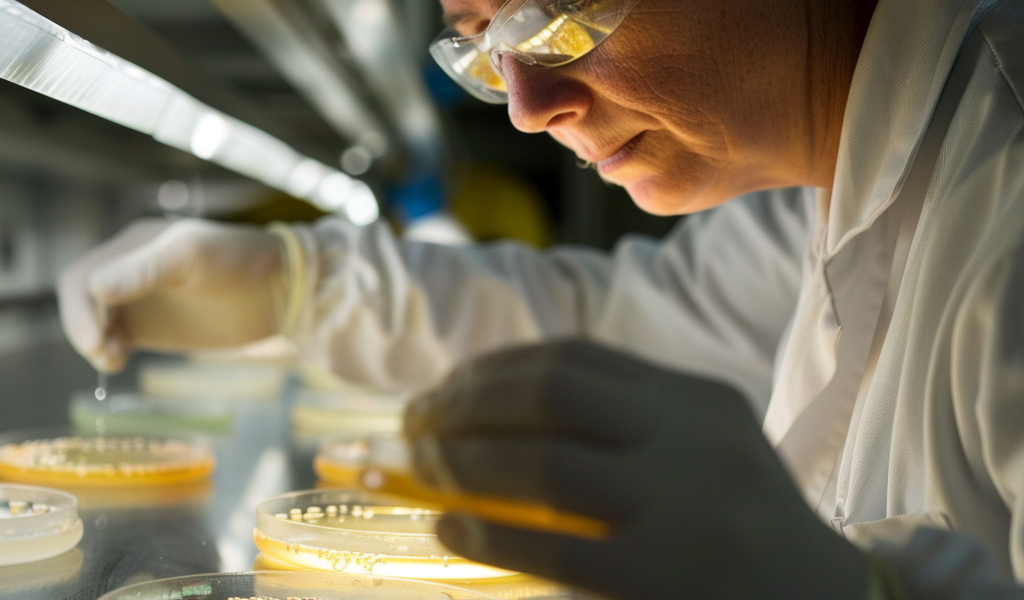Kent’s School of Biosciences researchers have discovered a groundbreaking approach to combat drug-resistant bacteria. Instead of developing new antibiotics, they have identified that certain steroid medications used in hormone replacement therapy (HRT) can effectively eliminate MRSA and hinder the growth of E. Coli, which are resistant to antibiotics. These steroids target cytochrome bd, a vital protein complex for the survival of many pathogenic bacteria.
Dr. Mark Shepherd, Reader in Microbial Biochemistry at Kent, expressed enthusiasm about the findings, stating, ‘These exciting developments will help to advance research into new antimicrobials, and we are enthusiastic about using our powerful experimental approach to discover drugs that can target other bacterial proteins and combat a wide range of antibiotic-resistant infections.’
The research suggests that leveraging hormone therapy-related steroid medications to combat microorganisms resistant to conventional antibiotics could offer a quicker and less expensive solution than developing new drugs. By understanding how these steroid drugs eradicate germs, novel treatments for infections caused by resistant bacteria may be feasible.
The study, published in The Journal of Infectious Disease, indicates that steroid drugs inhibit bacterial respiratory oxidases and are lethal toward Methicillin-Resistant Staphylococcus aureus (MRSA). This breakthrough may significantly contribute to addressing the challenge of antibiotic resistance.
This innovative approach to utilizing existing medications in novel ways holds promise for addressing the pressing issue of antibiotic resistance, offering hope for combating drug-resistant bacteria effectively in the future.





